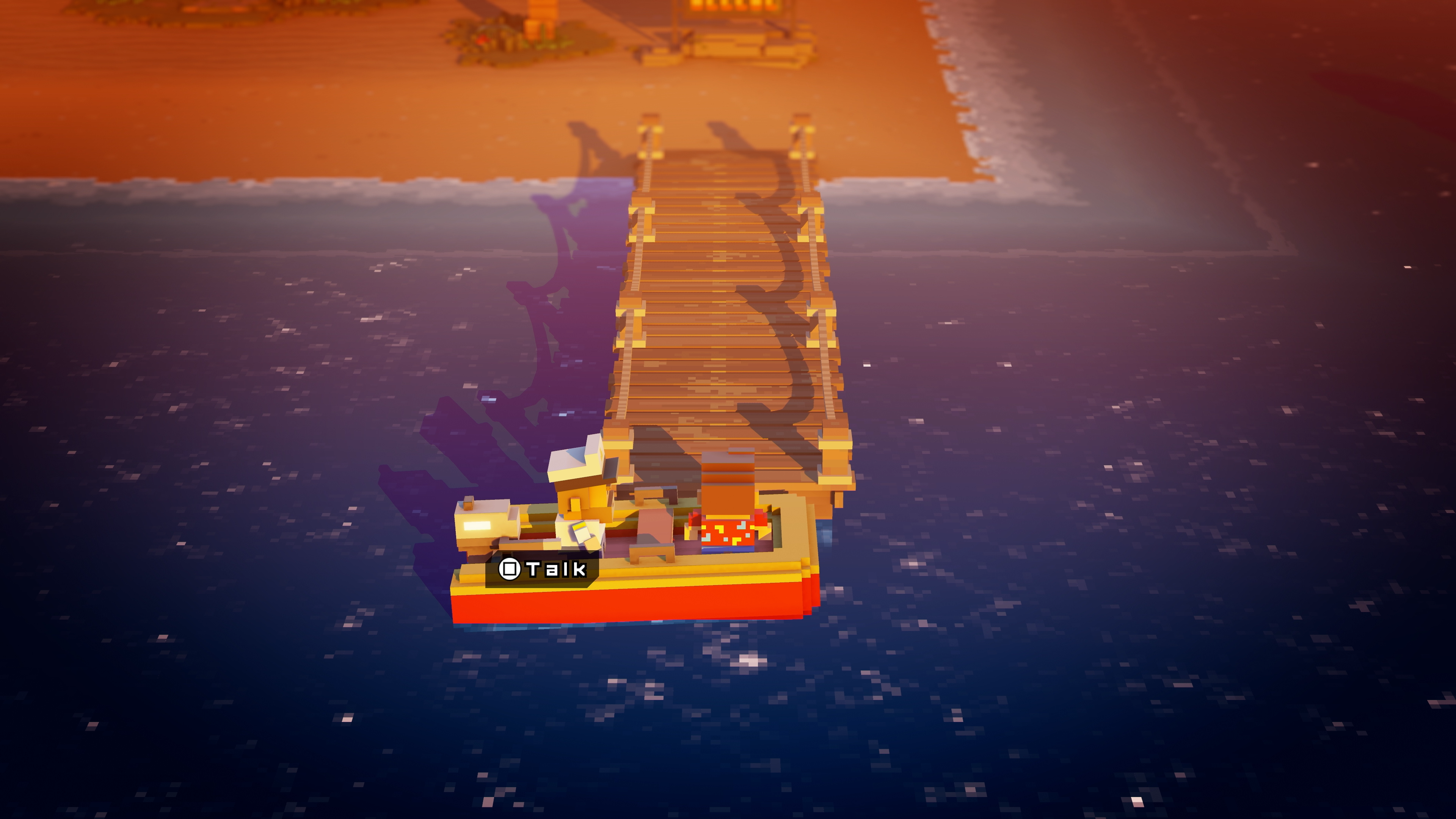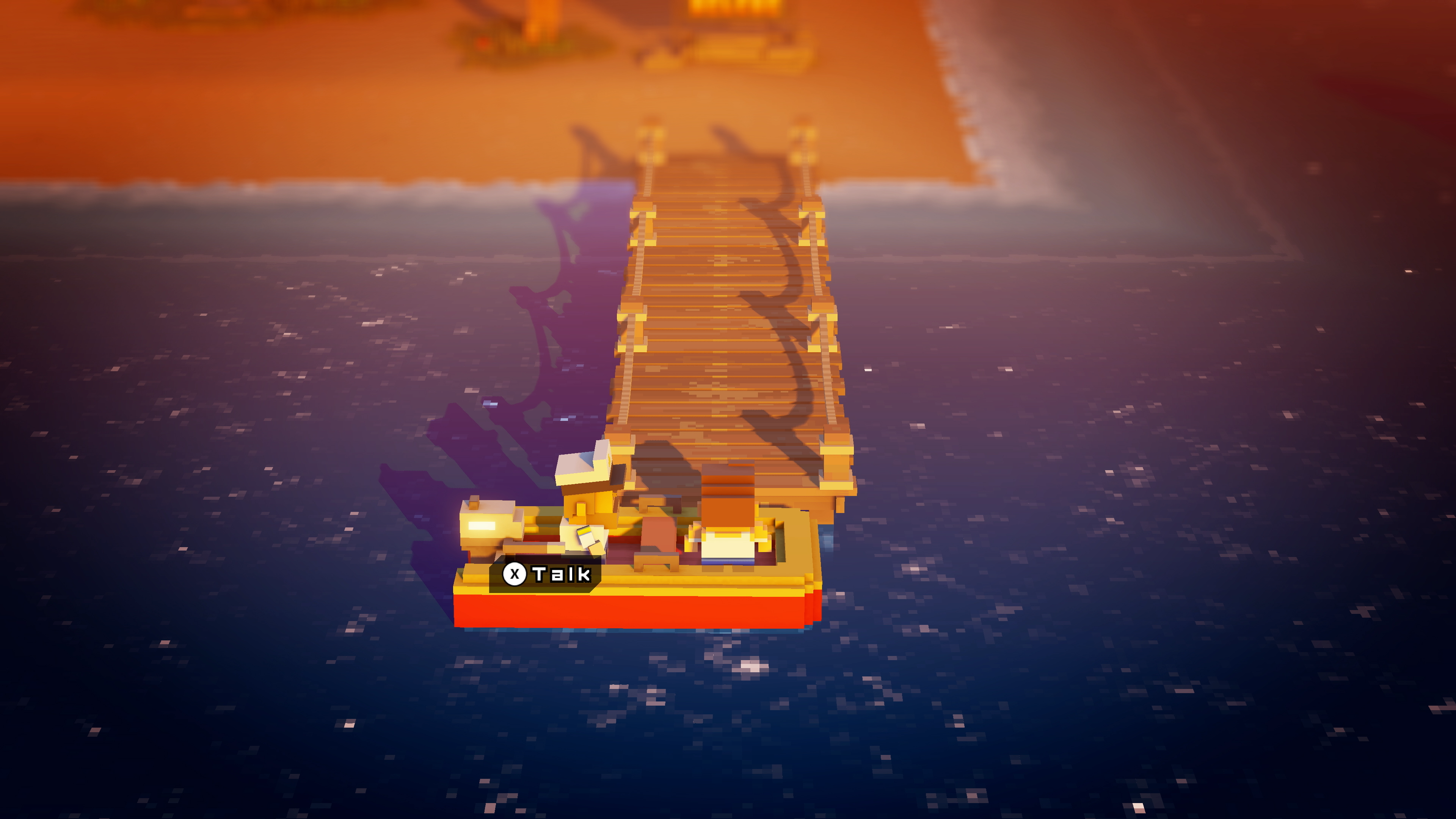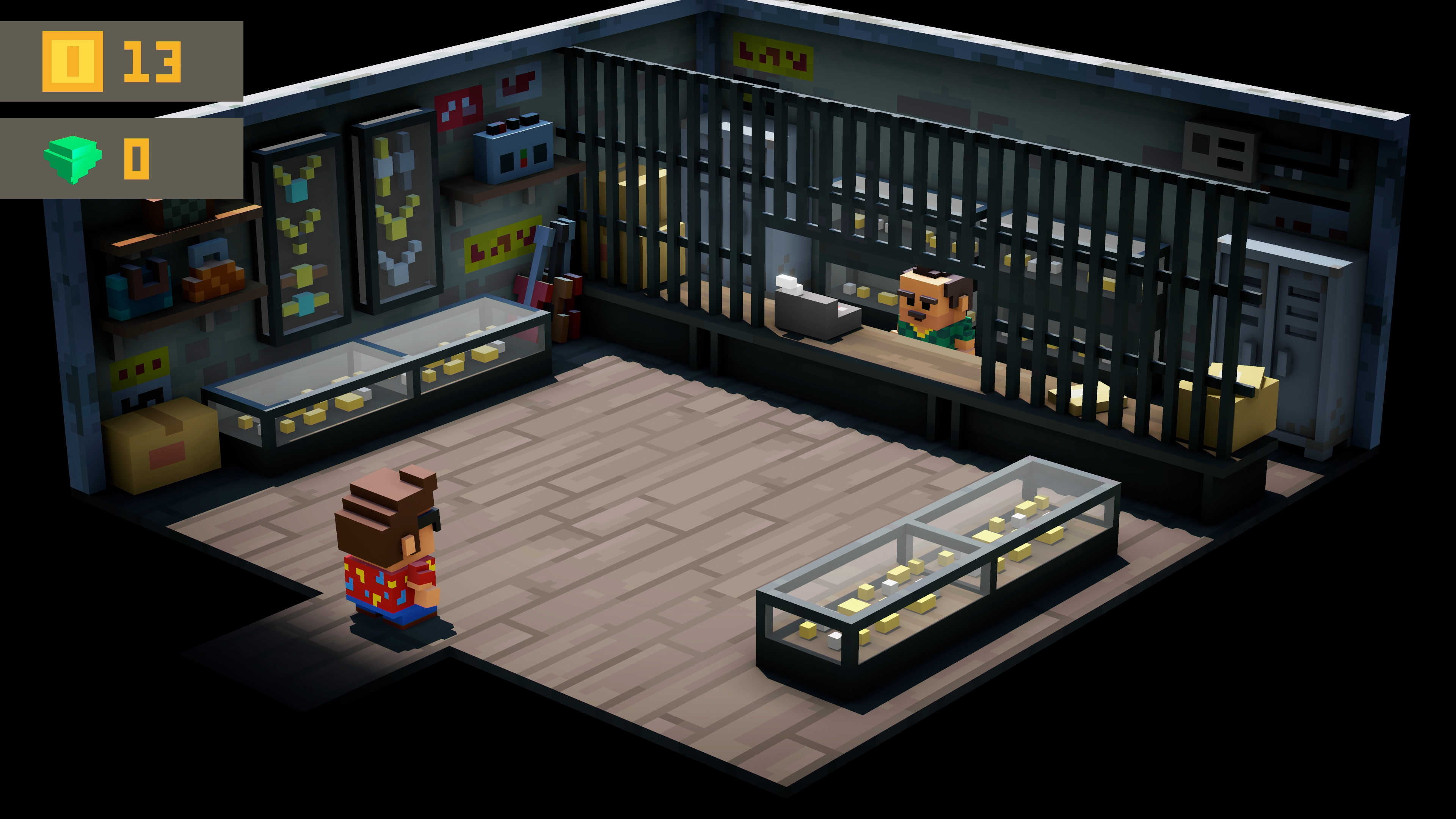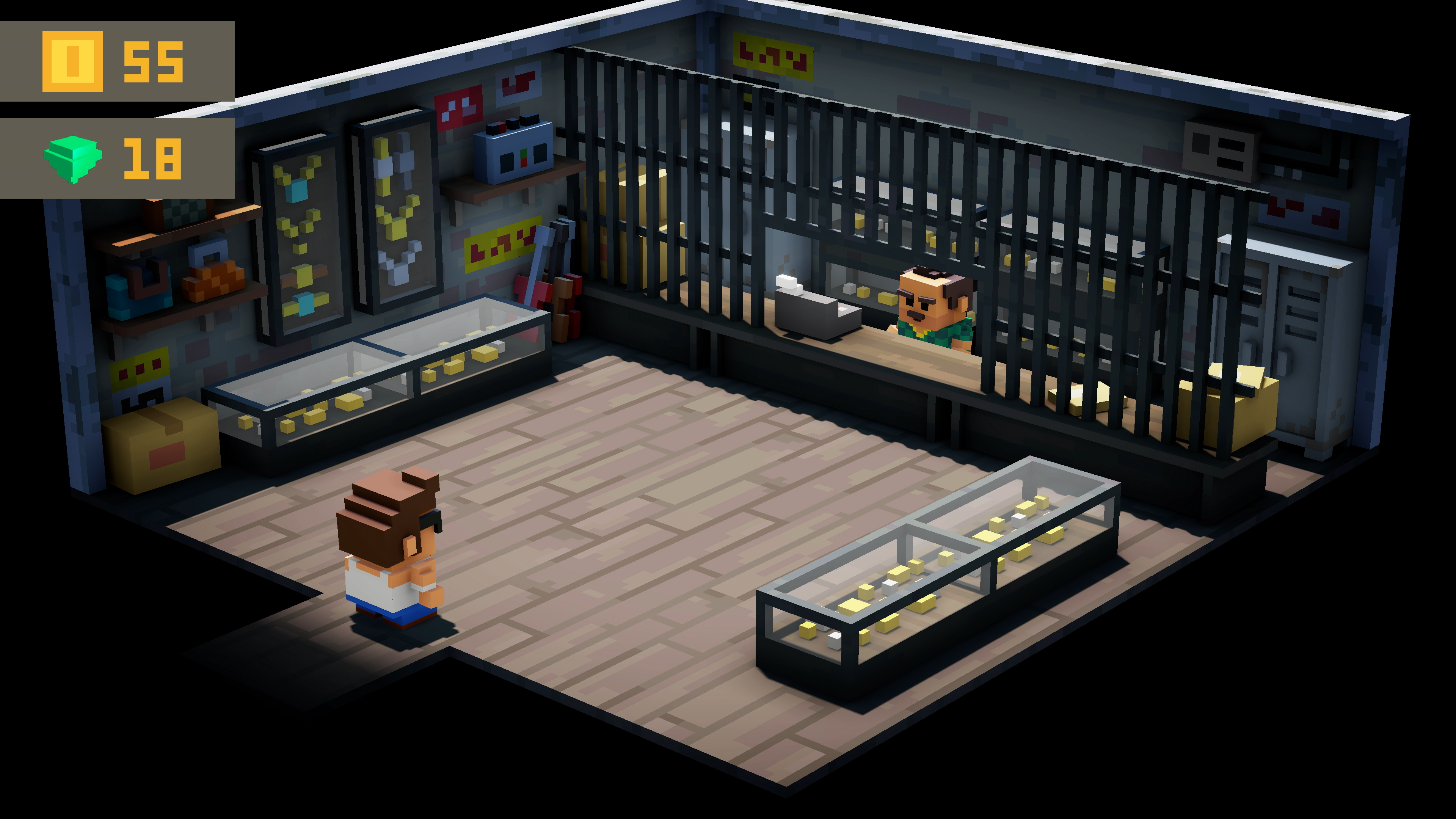Of course, there’s a slight problem here in that PlayStation 5 does not support 8K output via HDMI 2.1, despite proudly displaying an 8K logo on the box. In this case, Shin’en is using the extreme resolution for super-sampling anti-aliasing: essentially, every pixel on your 4K screen is downsampled from four pixels for pristine image quality. As for what kind of difference this makes to the overall presentation, Shin’en has you covered there too. You can actually drop back down to native 4K in the options menu - just disable anti-aliasing. Shin’en tells us that when and if the platform holder makes good on the PS5 packaging’s 8K promises (VRR first please, Sony), a simple patch should allow the game to output the 4320p framebuffer directly for a 1:1 pixel match on an 8K display. However, before we go on any further, it should go without saying that the chances of PS5 and Series X delivering native 8K gaming going forward is unlikely to say the least, and the whole question of whether it is even worth it is up for debate as sell-through of 8K displays hasn’t exactly set the world alight. However, for this game, it’s about scalability and usefulness in application. The Touryst’s voxel-style aesthetic was originally designed to run at native 720p at 60fps on the Nintendo Switch in mobile mode, and it has scaled upwards onto other platforms since its debut. Shin’en’s background comes from the demo scene, and therefore, outrageous technological feats are part of its DNA. In a world dominated by sub-native rendering and innovative upscaling techniques, the key challenges facing most developers is delivering a good-looking 4K image. At 8.3m pixels per frame, even 4K is a challenge. Moving up to 8K rendering (33.2m pixels per frame) is only likely to happen on games that demand much less from the GPU - and The Touryst is a great example of this. What does the 8K mode give you in The Touryst? Put simply, in a game defined by blocky angular constructs, you get much improve edge-smoothing - though there are some bonus improvements too. The intensity of the depth of field effect changes with resolution, so this effect looks quite different between the 4K and 8K modes. Interestingly though, Shin’en has managed to push even further. Shadow definition, for example, is cleaner and crisper on PS5 compared to Xbox Series X. In fact, shadow cascade resolution is boosted in many areas - the changes to Shin’en’s exponential shadow map system results in a slight difference in shadowed areas manifested as lighting differences. All of which brings us onto the elephant in the room. The Touryst on Series X also has super-sampling down to 4K from a higher resolution, but it is 6K instead (5760x3240, to be precise). Bearing in mind how close the machines are, why is this the case? Typically, in the PC space, to get a faster GPU, manufacturers produce ‘wider’ designs that run at the same clocks as less capable parts - or even slower. Xbox Series X follows the same pattern. Its GPU runs at a slower clock, but should be more capable overall as it has many more compute units. Shin’en tells us that in the case of its engine, the increase to clock frequencies and the difference in memory set-up makes the difference. Beyond this, rather than just porting the PS4 version to PS5, Shin’en rewrote the engine to take advantage of PS5’s low-level graphics APIs. As for performance - put simply, there is nothing to worry about. Just like Xbox Series X, the 60Hz mode runs flat-out at 60 frames per second, while 120Hz support is similarly locked. Unlike the Xbox version, however, the user can choose between the two while in-game. On Series consoles, the mode engages by default if you have 120Hz selected on the dashboard. Personally, I highly recommend playing the game at 120fps if you have the means available: for a game heavy on scrolling, the additional visual feedback is more pleasing to the eye than improved anti-aliasing. Overall, the Touryst is a brilliant, delightful exploration game that we can highly recommend on all platforms - and that includes the PS4 and PS4 Pro versions that released alongside the PlayStation 5 flagship. The base last-gen console hits 1080p at 60 frames as you might expect, but while unconfirmed, there may be the inclusion of dynamic resolution scaling in the odd situation. The DRS situation is more obvious to spot on PS4 Pro, where the game operates mostly in the 1440p-1512p range. Obviously, you’re still getting the same excellent content and the same beautiful style - all that changes are the pixel counts and the lack of 120fps, but regardless, The Touryst is still highly recommended.







